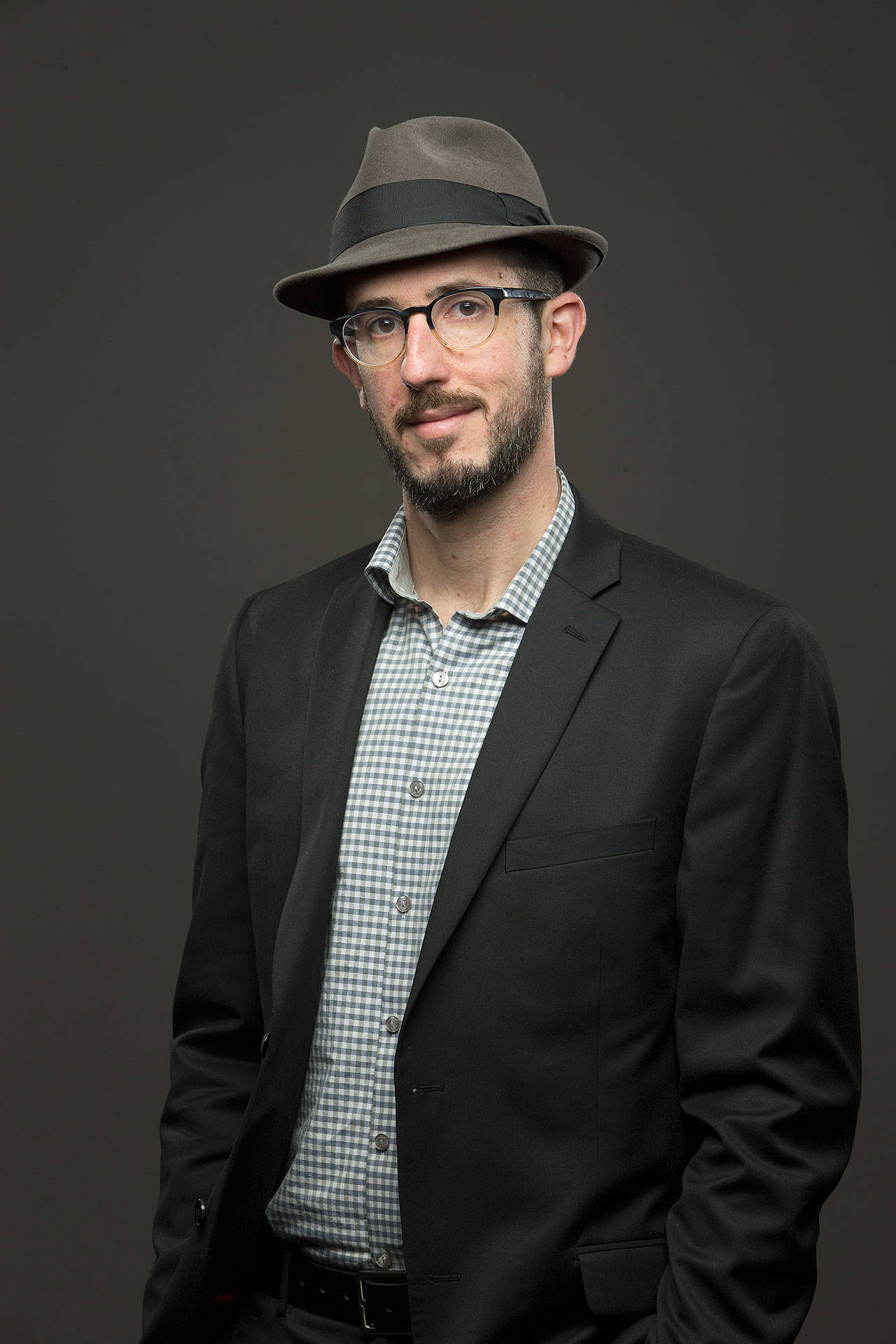Day after day, Hil Kaman saw the same faces time and again in court.
The former lead prosecutor for the City of Everett handled mostly misdemeanor cases.
For most defendants, the judge ordered fines, probation or jail time. Kaman knew that these punishments weren’t always effective.
Some people were back in court days or weeks later like it was a turnstile. One case stood out.
The gentleman was a chronic alcoholic who was homeless, showed signs of mental illness and was clearly unable to care for himself.
Kaman prosecuted the man over and over. The man was sentenced to jail for 800 days over an eight-year period.
“A hundred days a year for eight years and nothing changed,” Kaman said. “I was always thinking there’s got to be a better way to handle this.”
That led Kaman to establish and continue to lead Everett’s Chronic Utilizer Alternative Response Team, a group that includes law enforcement, social service providers, health care providers, firefighters, and others.
The goal of the group also known as CHART is to find stable housing for the defendants and then address the underlying problems that led to the criminal behavior.
It’s a way to improve the quality of life for everyone in the city — and not just the homeless.
Kaman also helped create the Safe Streets Work Crew program, a diversion program for low-level offenders who are willing to provide community restitution in the form of street cleanup, in lieu of jail or prosecution.
Last year, Kaman left the city’s prosecutor’s office to take on the newly created public health and safety director position with the mayor’s office.
In this position, he’s been one of the voices who has spoken on the city’s lawsuit against Purdue Pharma, which alleges the multi-billion-dollar company ignored rampant diversion of OxyContin to the black market, causing problems on Everett’s streets.
Lawyers tend not to talk about ongoing legal cases, but Kaman isn’t involved in the litigation and is using his new job at the city to tell the story of what happened in Everett.
“We have done a lot of media relations with this talking about the story and talking about what Everett has tried to do to address this and bring that out and share it with the broader community,” Kaman said. “It makes the lawyers squirm.”
Kaman also serves on the HopeWorks Culinary Advisory Committee, where he’s helping to develop plans for the training kitchen. (He worked in restaurants before law school and the culinary program is a personal interest of his.)
One day, last month, Kaman grabbed a couple of lunches and headed to a downtown Everett apartment to meet with the man he prosecuted so many times.
The man is living in stable housing, although volunteers were helping him clean his apartment that day.
“I like to keep involved with the people we’re really talking about — those people who are living with mental illness or with addiction, understanding what their lives are about and what their stories are about so we can turn that into good public policy,” Kaman said.
Talk to us
> Give us your news tips.
> Send us a letter to the editor.
> More Herald contact information.

























